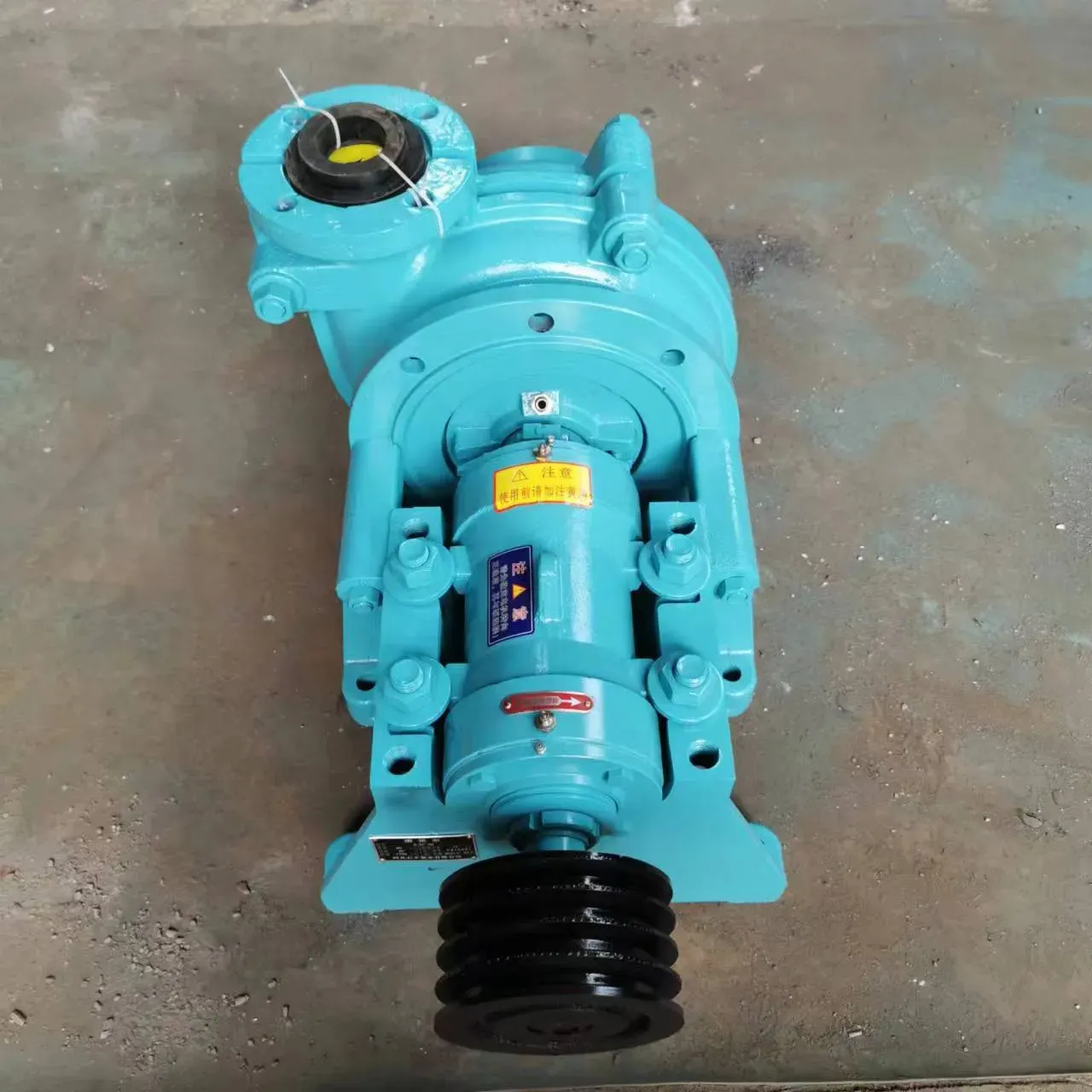English
- Afrikaans
- Albanian
- Amharic
- Arabic
- Armenian
- Azerbaijani
- Basque
- Belarusian
- Bengali
- Bosnian
- Bulgarian
- Catalan
- Cebuano
- Corsican
- Croatian
- Czech
- Danish
- Dutch
- English
- Esperanto
- Estonian
- Finnish
- French
- Frisian
- Galician
- Georgian
- German
- Greek
- Gujarati
- Haitian Creole
- hausa
- hawaiian
- Hebrew
- Hindi
- Miao
- Hungarian
- Icelandic
- igbo
- Indonesian
- irish
- Italian
- Japanese
- Javanese
- Kannada
- kazakh
- Khmer
- Rwandese
- Korean
- Kurdish
- Kyrgyz
- Lao
- Latin
- Latvian
- Lithuanian
- Luxembourgish
- Macedonian
- Malgashi
- Malay
- Malayalam
- Maltese
- Maori
- Marathi
- Mongolian
- Myanmar
- Nepali
- Norwegian
- Norwegian
- Occitan
- Pashto
- Persian
- Polish
- Portuguese
- Punjabi
- Romanian
- Russian
- Samoan
- Scottish Gaelic
- Serbian
- Sesotho
- Shona
- Sindhi
- Sinhala
- Slovak
- Slovenian
- Somali
- Spanish
- Sundanese
- Swahili
- Swedish
- Tagalog
- Tajik
- Tamil
- Tatar
- Telugu
- Thai
- Turkish
- Turkmen
- Ukrainian
- Urdu
- Uighur
- Uzbek
- Vietnamese
- Welsh
- Bantu
- Yiddish
- Yoruba
- Zulu
Telephone: +86 13120555503
Email: frank@cypump.com
Dec . 07, 2024 03:39 Back to list
pipeline pump
The Evolution and Importance of Pipeline Pumps in Modern Industry
In the heart of many industrial processes, pipeline pumps serve as the unheralded heroes that ensure the smooth and efficient transport of liquids across varying distances. From the oil and gas sector to wastewater management, these pumps play a crucial role in maintaining the flow of essential resources. With the increasing demand for efficiency and sustainability in modern industry, the evolution of pipeline pumps has taken center stage, bringing forth innovations that are reshaping how we think about fluid transport.
Understanding Pipeline Pumps
Pipeline pumps are specialized devices designed to move fluids through pipelines. They can handle a variety of substances, including water, oil, chemicals, and even slurry. Depending on their application, these pumps can come in various forms, including centrifugal pumps, positive displacement pumps, and submersible pumps. The choice of pump largely depends on the type of fluid being transported, the required flow rate, and the pressure conditions of the pipeline system.
Centrifugal pumps, one of the most common types used in pipeline systems, work by converting rotational energy from a motor into kinetic energy in the fluid, enabling it to flow. Conversely, positive displacement pumps move fluids by trapping a fixed volume and forcing it through the discharge. Each type of pump has unique advantages and disadvantages, making the selection process vital to operational efficiency.
The Role of Pipeline Pumps in Various Industries
1. Oil and Gas Industry The oil and gas sector heavily relies on pipeline pumps to transport crude oil, natural gas, and refined products. These pumps facilitate the movement of resources from extraction points to refineries and distribution centers. Given the hazardous nature of these materials, pipeline pumps are often designed with advanced safety features to prevent leaks and spills.
2. Water Management In municipal and industrial water systems, pipeline pumps ensure the steady supply of clean water. They are employed in water treatment facilities, helping to move water through filtration and disinfection processes before it reaches consumers. Additionally, in flood management and irrigation systems, these pumps are crucial for controlling water levels and distributing liquid across agricultural fields.
pipeline pump

3. Chemical Processing The chemical industry faces unique challenges due to the nature of the fluids being handled, which often include corrosive and hazardous materials. Specific pipeline pumps designed with materials resistant to corrosion and wear are vital for maintaining safety and efficiency. These pumps not only transport chemicals but also contribute to the precise dosing of substances in various processes.
4. Wastewater Treatment In wastewater treatment facilities, pipeline pumps play a crucial role in transporting sewage and industrial waste to treatment plants. Here, they facilitate the separation of solids and liquids, ensuring that treated water can be safely released back into the environment or reused for various applications.
Innovations in Pipeline Pump Technology
As industries continue to evolve, so too does the technology behind pipeline pumps. Recent advancements include the integration of smart technologies, such as IoT (Internet of Things) and AI (Artificial Intelligence), which allow for real-time monitoring and predictive maintenance. These innovations help operators optimize performance, reduce downtime, and minimize energy consumption, aligning with modern demands for sustainability.
Moreover, the focus on energy efficiency has led to the development of variable frequency drives (VFDs) that adjust the pump speed according to the flow requirements, further enhancing operational efficiency. With the pressure to reduce emissions and adopt greener practices, the future of pipeline pumps is likely to focus on eco-friendly designs, including pumps made from recyclable materials and powered by renewable energy sources.
Conclusion
In conclusion, pipeline pumps are indispensable components of multiple industries, facilitating the efficient and safe transport of liquids essential for everyday life. Their evolution is a reflection of mechanical innovation and an ever-growing commitment to sustainability. As technology advances and the push for environmental responsibility continues, pipeline pumps will undoubtedly remain at the forefront, adapting to meet the demands of an increasingly complex world.
-
Horizontal Split Case Pump with GPT-4 Turbo | High Efficiency
NewsAug.01,2025
-
ISG Series Pipeline Pump - Chi Yuan Pumps | High Efficiency, Durable Design
NewsAug.01,2025
-
Advanced Flue Gas Desulfurization Pump with GPT-4 Turbo | Durable & Efficient
NewsJul.31,2025
-
ISG Series Vertical Pipeline Pump - Chi Yuan Pumps | Advanced Hydraulic Design&Durable Construction
NewsJul.31,2025
-
ISG Series Vertical Pipeline Pump - Chi Yuan Pumps | Energy Efficient & Low Noise
NewsJul.31,2025
-
pipeline pump - Chi Yuan Pumps Co., LTD.|High Efficiency&Low Noise
NewsJul.31,2025










